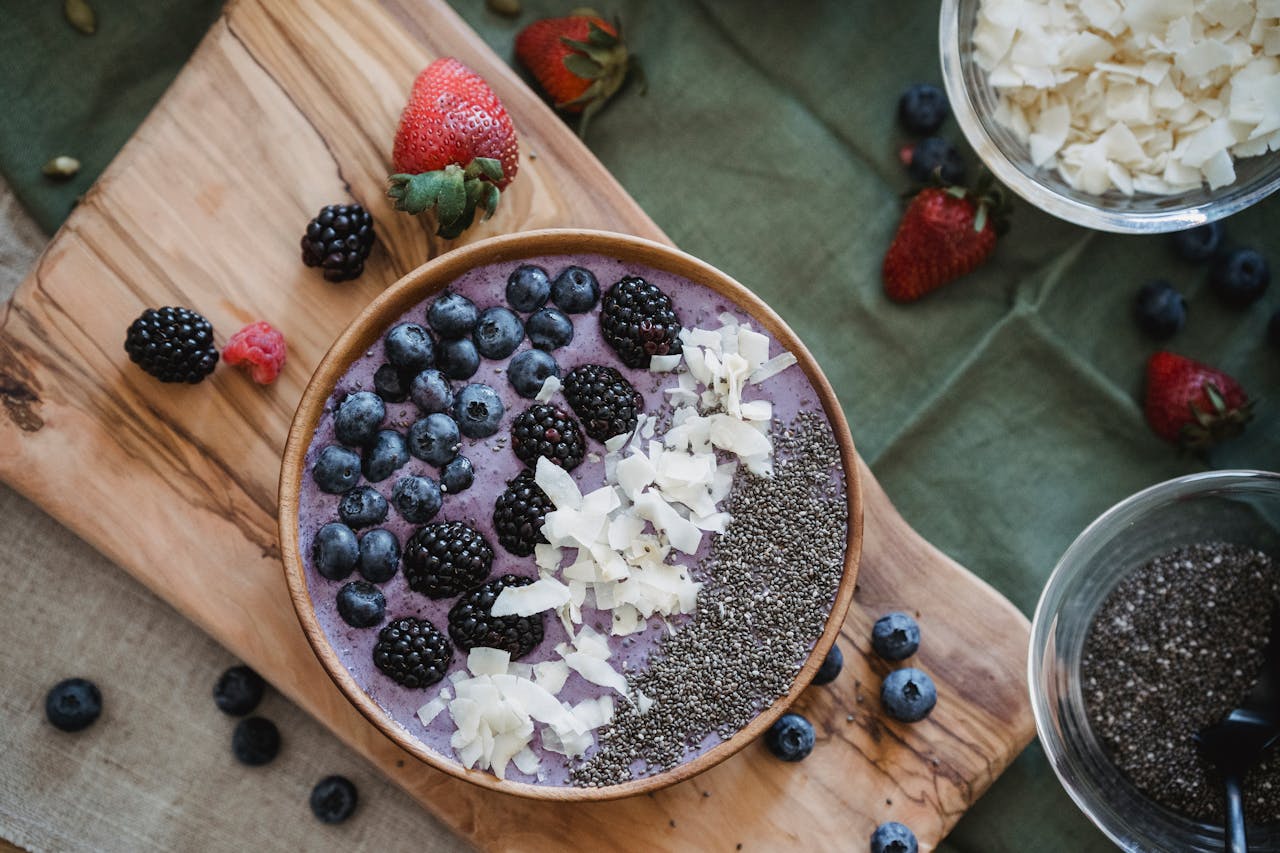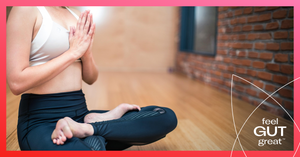
How long should a good morning routine be?
We’re always being told how important the first few moments of our day are. If you start the day off in the right way, it sets you up to continue having a good day. With this knowledge, we’re all after that perfect routine to help give us a headstart in the morning.
Of course, we aren’t all blessed with an abundance of time in the morning, but a good morning routine is about utilising the time you do have to make a positive impact on your day.
A reasonable amount of time for a good morning routine can last anywhere from 30 to 90 minutes. It depends on what works for you. Let’s say you have children, or your day starts earlier than the average person; you might only have 15 minutes. You can still put together a routine in this time which will set you up better, as opposed to not having one at all.
What are the benefits of a morning routine?
Have you ever accidentally woken up earlier and found yourself ticking off tasks long before you even planned to be awake, asking yourself why you don’t do this every morning?
Following a routine in the morning has both physical and mental benefits. Rather than hitting snooze and rushing around to get ready before heading out for the day, you’re allowing yourself time to complete the tasks that help to put you in a more positive mindset.
Taking the time to care for your physical state in the morning will contribute to how you feel mentally. For example, moving your body, rehydrating and nourishing yourself with foods that will set you up for the day will allow you to focus on the tasks ahead of you, rather than feeling tired and sluggish.
A good morning routine will be specific to the individual; the time they have and what elements work best for them. Here are some suggestions for what someone could include in their own morning routine.
Set your alarm
First things first, set that alarm. You want to be able to start your morning routine the same way each day, and it helps to do that if you’re starting at the same time too. Consistency is key when it comes to building habits and, therefore, routine. Choose a time to wake up that works with your schedule and doesn’t impede on getting a good night’s sleep. Good morning routines can be great, but making sure you’re getting enough sleep is even more important.
Leave the phone alone
It can be tempting to reach for the phone in the morning and start to scroll. Naturally, curiosity can get the better of us and we want to know what we missed so we can catch up. The first and foremost part of a good morning routine should be focusing on the day ahead, rather than looking back on what happened before. So, try placing your phone on the other side of the room overnight, so that when you wake up you don’t have the ease of reaching over and starting your day with a scroll.
Create small wins
If you can complete a simple task upon waking, you’ve already started the day on a productive footing and built confidence in yourself to complete tasks in the rest of your day. Pick a task that requires little to no concentration; for example, making your bed, brushing your teeth or washing your face. Choosing a task you can do without thinking will make it even easier to complete while still getting the ball rolling.
Hydrate
While we sleep, we’re in our rest-and-digest state. The likelihood is you’ve taken on little to no water while you’re sleeping and therefore will wake up dehydrated. Dehydration is not a happy state for our body to be in, so it’s important we drink water soon after waking up. The sooner we can start giving goodness to our gut, the better.
Morning light
Melatonin is the hormone in our bodies which regulates our wake-sleep cycle. In the evenings when it gets darker outside, our body naturally produces melatonin to help us fall asleep. In the morning, daylight helps our bodies to stop producing melatonin, which helps us to wake up. Studies have also shown that seeing daylight in the morning also helps us to fall asleep at night by contributing to regulation of our sleep-wake cycle. Don’t worry if you can’t get daylight first thing in the morning; bright artificial light helps to kickstart this process too.
Move your body
Believe it or not, your energy levels are highest in the morning. Our stress hormone, cortisol, is naturally high in the morning to help us wake up. Despite being called the stress hormone, cortisol has a lot of benefits and helps to prepare our bodies to be ready for actions such as exercise. Moving your body in the morning doesn’t have to be a run or a strength session; you could also take this time to go for a walk outside or for stretching.
Fuel your body
We’ve mentioned the importance of rehydrating, but it’s likely you’ve also gone a few hours without eating while you’ve slept too. Fuelling yourself properly throughout the day has a huge impact on how you feel. Breakfast is an important part of any good morning routine. You should aim to consume a well-rounded breakfast including carbohydrates, fats, protein and a good source of fibre to help regulate blood sugar levels. It’s a good idea to add a live bacteria supplement to your breakfast to aid your gut health. Live bacteria supplements help to balance the gut-friendly bacteria in your digestive system, and if your gut is functioning as it should, your overall health will benefit.
Practise mindfulness
The morning is a great time to take a moment to reflect on how you’re feeling and how you want the day to go. Journalling is a great way to become aware of how you might be feeling, and seeing words on paper can make it easier to understand, as opposed to keeping everything as thoughts. There are no set rules to journalling; you can put pen to paper and see where it takes you. If you need a suggestion on what to journal to get the ball rolling, writing down what you’re grateful for can be a great way to go into the rest of your day with a positive mindset.
Do something for yourself
Another way to spend your morning could be taking some time to read that book you’ve had on a shelf for a while, catching up with your favourite podcast or even reading up on a topic that interests you. Spending time consuming media that you enjoy or teaches you something can help to improve your mood and help with your cognitive thinking.
An example morning routine
6.30am: wake up.
6.30-6.40am: make your bed, brush your teeth and put on workout clothes.
6.40-6.45am: drink a glass of water.
6.45-7.15am: head outside for a run/practise yoga by a window with natural light.
7.15-7.30am: shower and get dressed.
7.30-7.40am: have your breakfast and live bacteria supplement.
7.40-7.50am: write down three things you’re grateful for.
7.50-8am: read a book or listen to a podcast of your choice.
Should I try to do everything in my morning routine?
It’s not about whether you should or shouldn’t do this or that; it’s about finding a routine you can consistently stick to and that works for you – even if that routine is as simple as a 10-minute walk outside while listening to a podcast, followed by a nutritious breakfast.
Robin Sharma, the best-selling author of ‘5am Club’, suggests 60 minutes to build a good morning routine. Sharma divides the 60 minutes into three 20-minute chunks; exercise, reflection and growth.
Start by picking a few of the above suggestions and putting aside some time in the morning to complete them. Start small, build habits and then you can introduce more as you go if you want to.
Here’s a list of ways you can combine both fitness and wellness:
Attend a group fitness class and meet like minded individuals.
Exercise outdoors to increase the time you spend in nature.
Eat a nutritious diet full of micronutrients to aid your physical health and help you feel more energised throughout the day.
Exercise during the day can improve your sleep at night, helping you to feel refreshed the next day.
Stretch or do a yoga workout to increase your mobility and flexibility, and practice mindfulness.
With the combination of both fitness and wellness activities in your lifestyle, you can look forward to a happier, healthier you.

Related Articles








